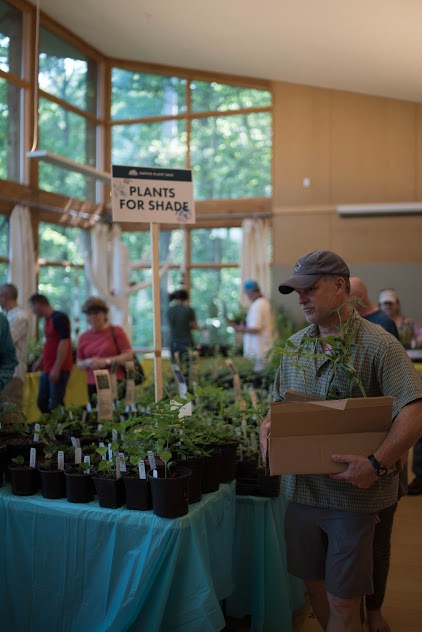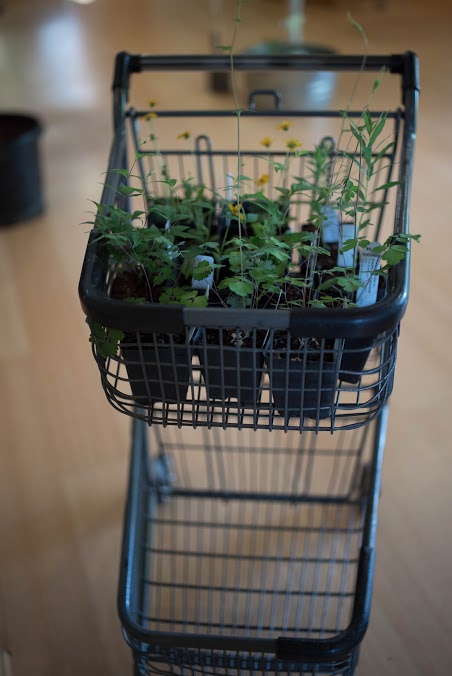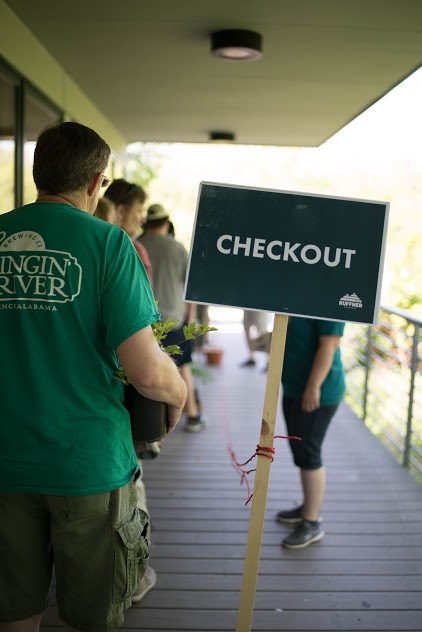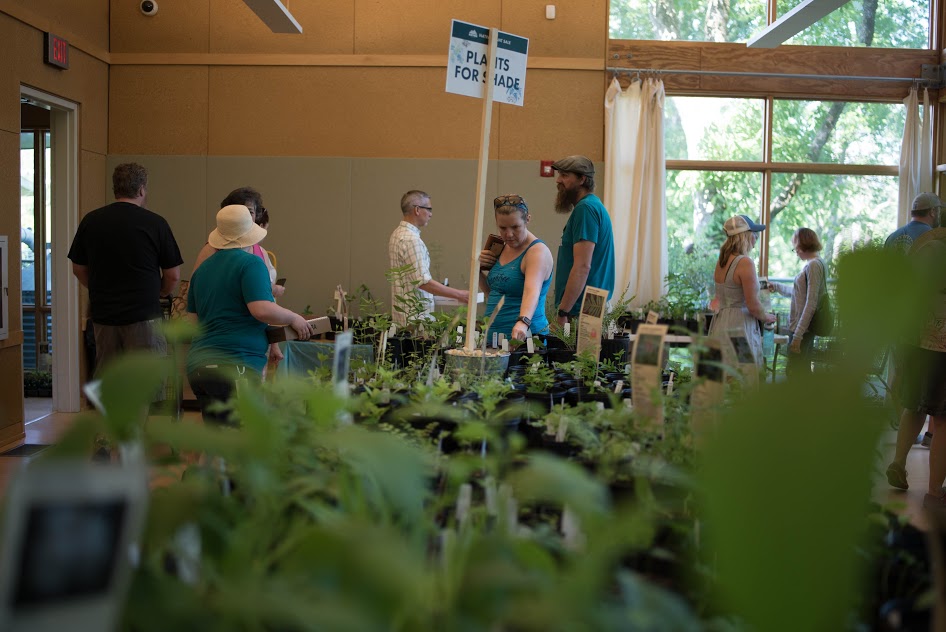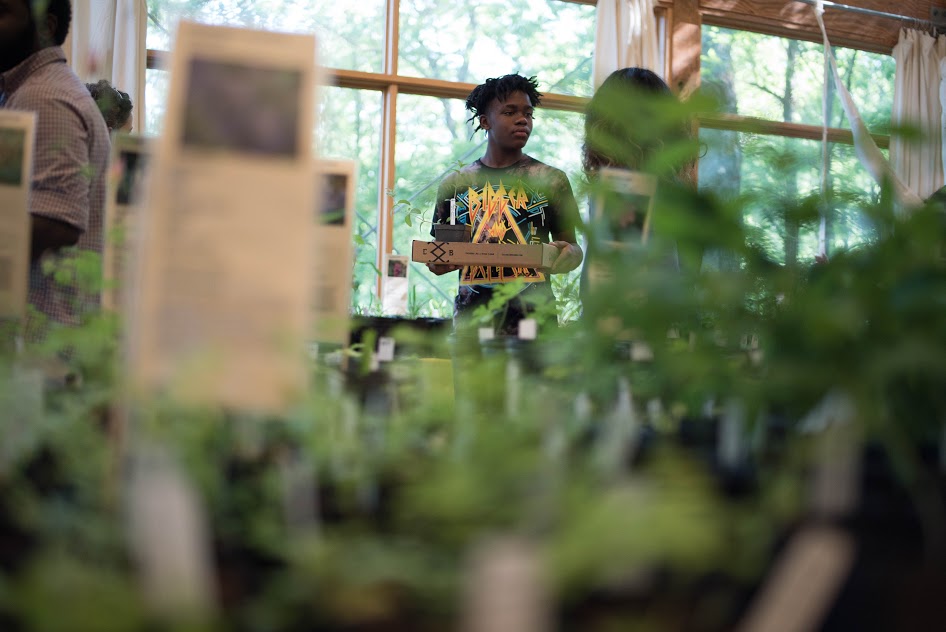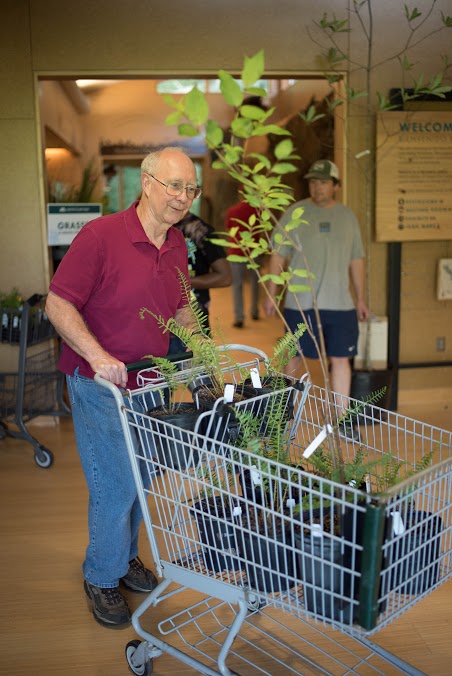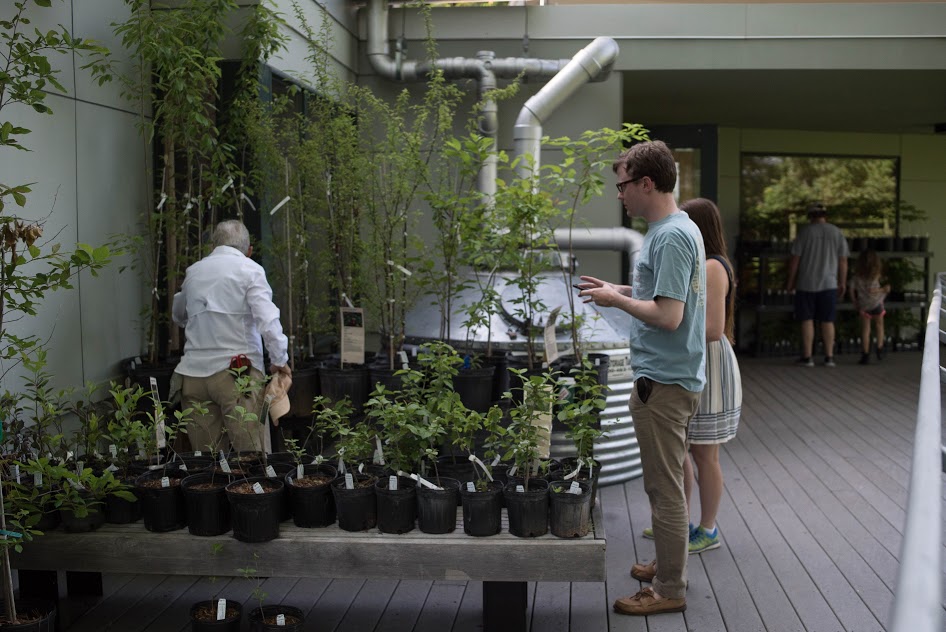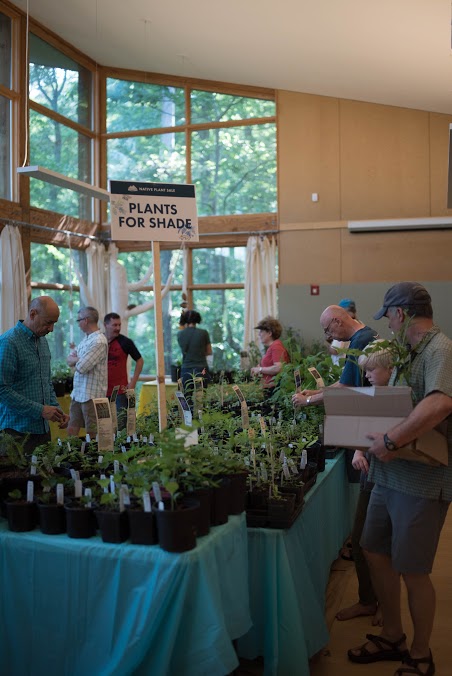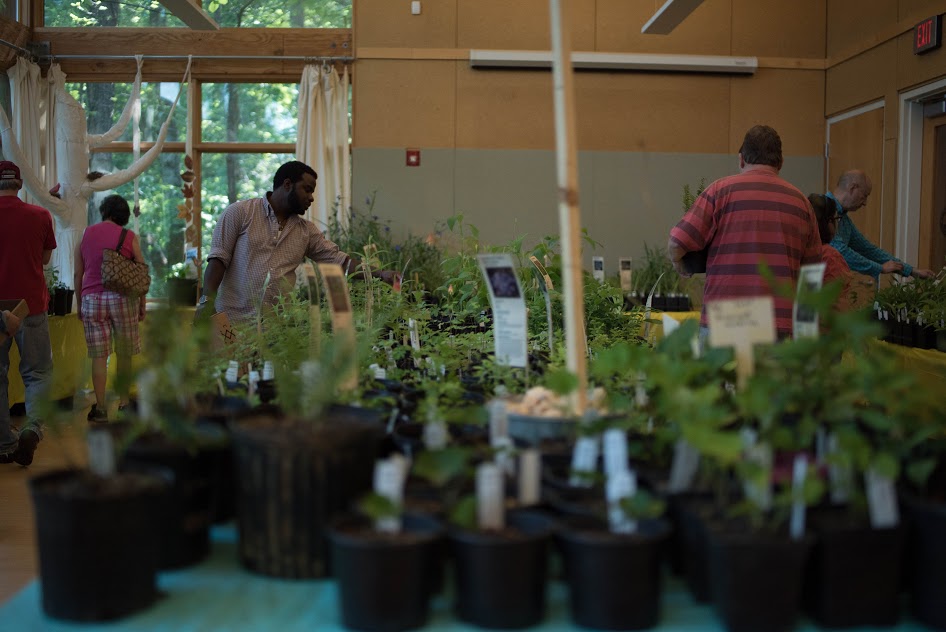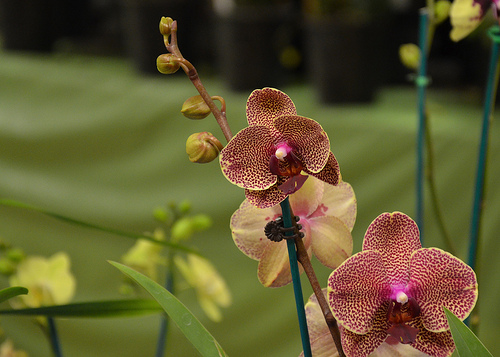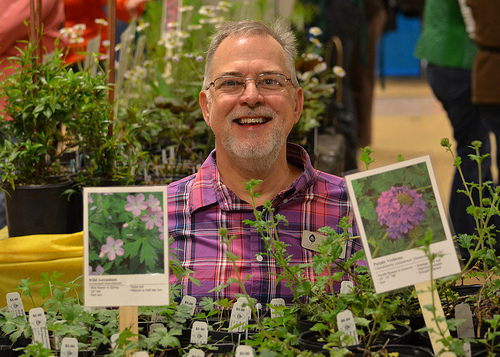Researchers from Kennesaw State recently visited Ruffner Mountain to conduct research on the tricolored bat and how it is being affected by white-nose syndrome, a devastating fungal disease that has greatly reduced tricolored bat populations in the eastern U.S. over the last 20 years. Their research will be instrumental in the search to cure for this debilitating disease and in restoring the tricolored bat to its rightful place in the great southeastern biome. But first, what is white-nose syndrome?
White-nose syndrome is a fungal disease which affects the wings, nose, and other hairless parts of bats, and oftentimes, it is invisible to the naked eye. This particular fungus thrives in cold areas, such as the hibernacula, or winter resting place, of bats, posing a particularly urgent threat to these treasured fauna of the southeast, and the tricolored bat on Ruffner Mountain.
Perimyotis subflavus, the Tricolored bat, is a bat common throughout much of eastern North America. Although this miniscule bat is difficult to spot, every living thing in the Ruffner ecosystems feels its impact every day. As an insect-eater, it serves as an extraordinary natural pest-control. In fact, one tricolored bat can eat up to a quarter of its body weight in insects in only half an hour! They are small bats with yellowish-brown pelage, but the individual hairs of the bats are tri-colored: the base is dark, the middle is yellow, and the tips are dark, as well. Typically, tricolored bats are found in open woods and near water edges and tend to use deep caves and mines as winter hibernacula. Perhaps due to their longer hibernation period, this species has been especially devastated by white-nose syndrome with some population in the northeast extirpated completely and a loss of 60-80% of individual bats throughout the WNS affected range.






